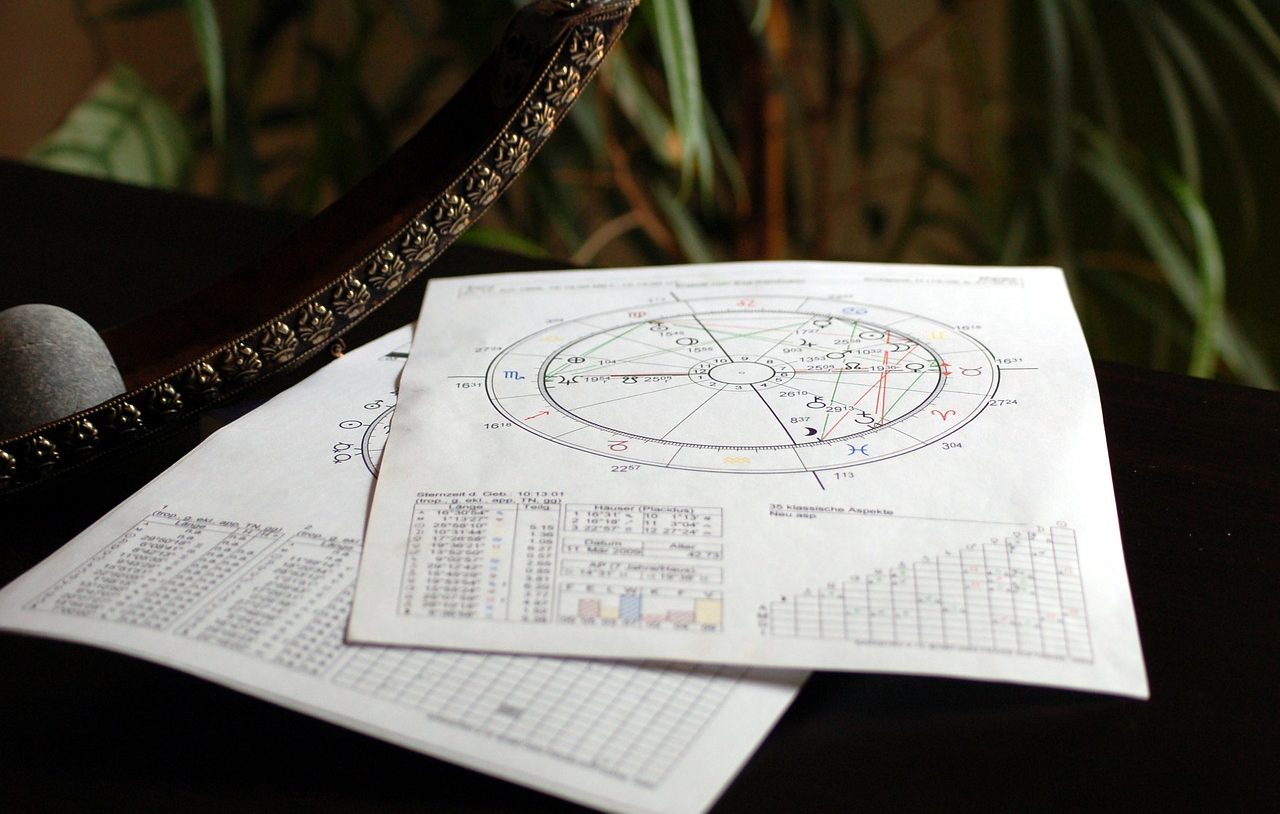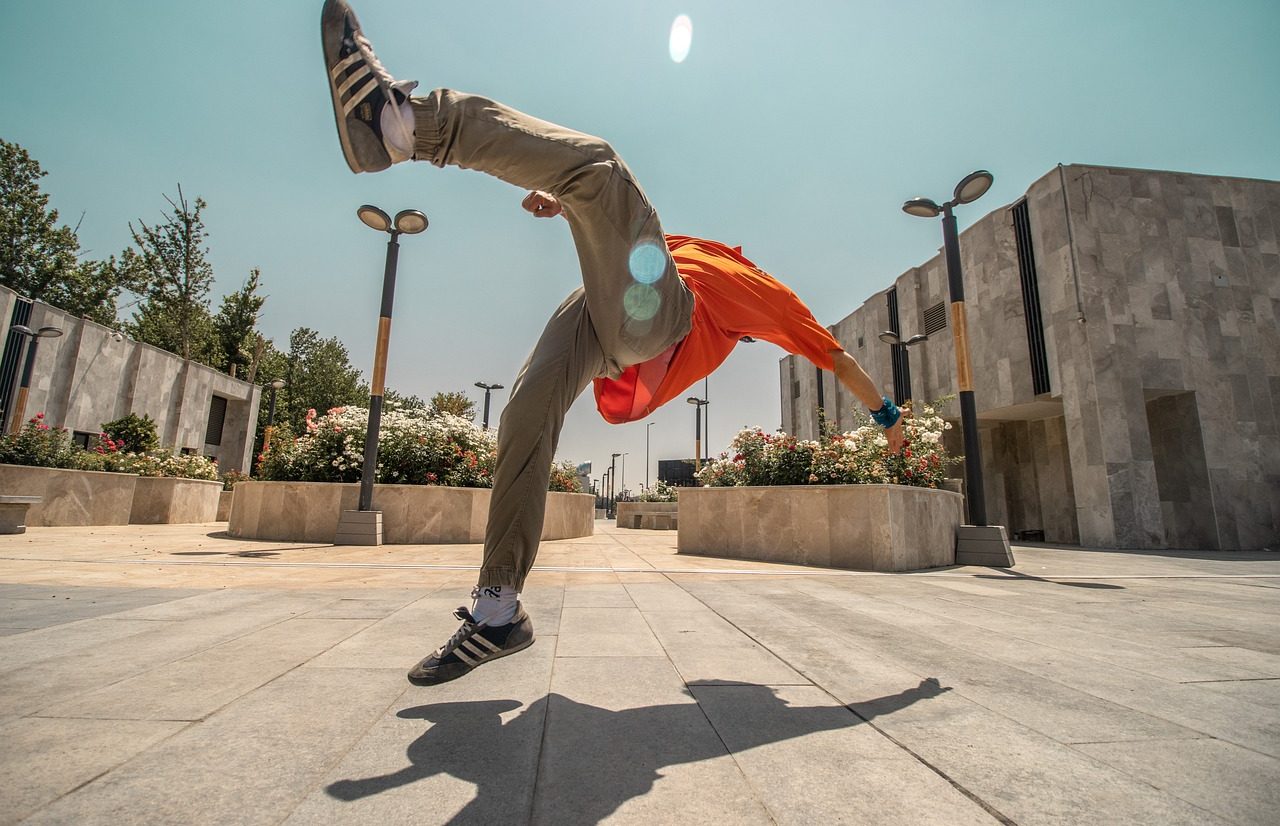
Astrology is part of popular culture.
Popular culture is the set of folkloric and artistic expressions that a town produces , they are transmitted from generation to generation and are accessible to the majority of the community. These are practices and traditions that make up the identity of a community .
Beyond this definition, we must consider that the concept of popular culture can refer to different issues. In certain contexts, popular culture is mentioned as mass culture , which is generated by the cultural industry for mass consumption.
Features of popular culture
Popular culture is usually understood in opposition to elitist or literate culture . There is an elite culture that is produced and consumed by the upper classes, often associated with academia, and another that circulates in broader sectors of society.
At a general level, popular culture is considered to be a central component of the community's identity , especially when it is associated with a country or territory. However, there are plurinational States with wide cultural diversity, so popular culture is not static nor does it identify the whole.
The aforementioned mass culture arises when the less transgressive contents of popular culture are exploited on a commercial level (as occurs with pop music , for example). This generates the development of million-dollar cultural industries with an enormous scope.

Urban sports (skateboarding, parkour) integrate the popular culture of cities.
Your story
The notion of popular culture emerged to refer to those expressions that emerged within the framework of the Industrial Revolution during the 19th century . Social changes and new forms of leisure gave rise to the development of variety shows, serial literature and other formats that were classified as popular culture.
The opposition between popular culture and elitist culture appeared with the field of cultural studies . Its origin can be traced back to the 1960s , when academic research began on the link between culture, society and power.
Over time, the idea of popular culture also came to include cinema , television, radio, music and video games, among other media and disciplines. Today it is understood that popular culture is diverse, spread on a mass level and reflects the trends of the society of its time .
Internet memes , urban fashion , street art , podcasts and cosplay are part of today's popular culture. Mass events such as music festivals, the World Cup, the Olympic Games and the celebration of Carnival , among other events of very diverse characteristics, are also considered under this name. Of course, a World Cup is not "produced" by the people, but its protagonists are elite professionals. However, the phenomena and practices surrounding the tournament can be considered part of popular culture.

Popular culture includes comics and graphic novels.
Importance of popular culture
Popular culture has great relevance in a society. On the one hand, it transmits values, customs and rituals of the community .
On the other hand, popular culture encourages and modifies trends . It can promote behaviors or encourage a change in habits or practices.
The oppositional nature that popular culture can have cannot be ignored. In this sense, it expresses resistance against the minority but dominant sectors , constituting itself as a symbolic response. Thus, popular culture constructs an alternative discourse to that of power.
Of course, these last considerations do not apply when the concept of popular culture is associated with mass culture. In that case, the importance is economic and there is no intention to question the system, but rather cultural production is integrated into it, respecting its logic and operating mechanisms.
modern elements
There are elements of popular culture that emerged in recent decades. Many of them are linked to the advancement of technology and present new characteristics, which require new perspectives and other forms of study.
Social networks, in this context, introduced practices and references. Video streaming and music streaming produced changes in the production and consumption of culture, just as influencers became voices of great social impact, at least in certain groups.
Talk shows and reality shows , on the other hand, joined popular culture from television . In many cases they became tools that their protagonists took advantage of to achieve popularity.
Examples of popular culture
Graffiti is an example of popular culture. It is an expression that can consist of drawings or texts, does not require technical knowledge or particular skills and is expressed in public spaces, generally without authorization. Graffiti allows you to make political proclamations, spread social demands or even have only an aesthetic intention.
Viral memes are another example of popular culture. Thanks to the Internet, certain images became easily recognizable symbols that express meaning. Memes can help summarize or simplify thoughts and emotions in a simple way.
In urban environments, the gastronomy and drinks that are part of current popular culture are associated with food trucks and craft beer . There are customs that are related to these elements, such as the development of festivals that invite you to try different foods in the same space or breweries that offer refills of returnable bottles (growlers).
Examples of popular culture at the local level can also be mentioned. In Argentina , to mention one country, the musical style known as RKT emerged at the beginning of this century until it became massive, first in the lower classes and then reaching the entire society. L-Gante , Kaleb Di Masi , Cazzu and Duki are some artists who ventured into RKT.
